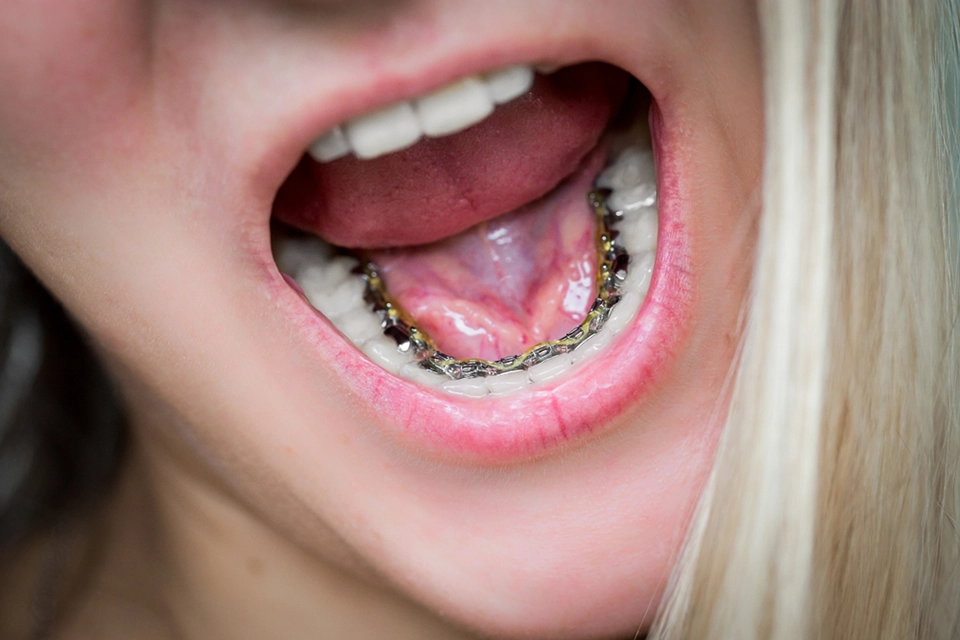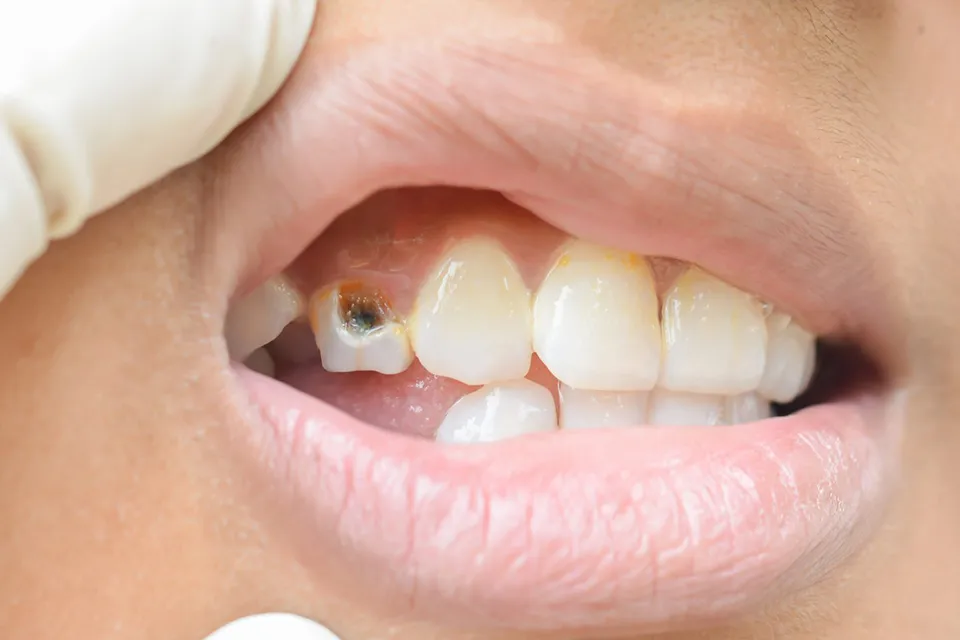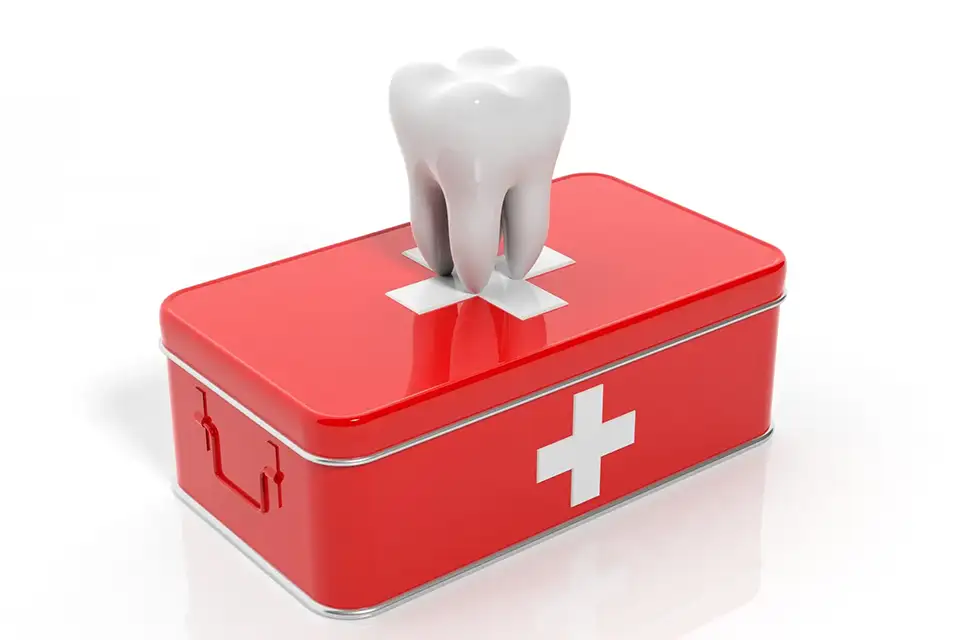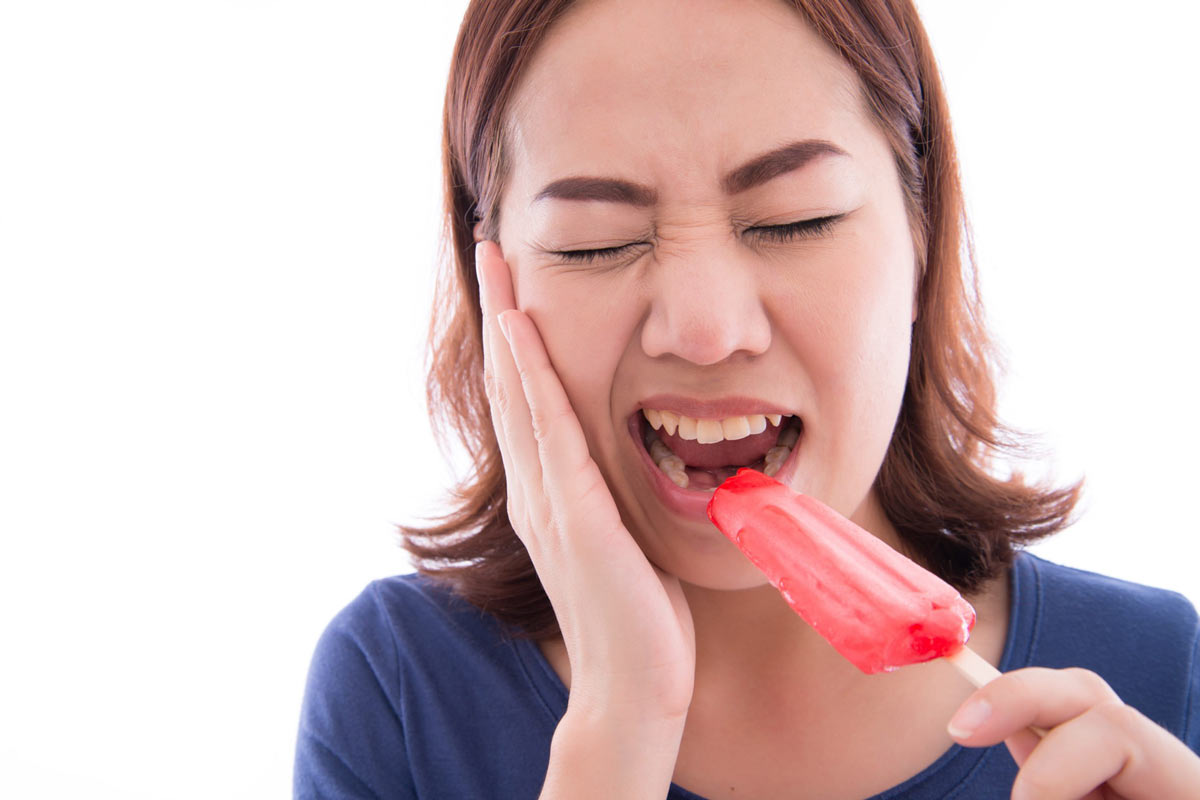What Is Tooth Sensitivity?
So, you probably have tooth sensitivity if biting into an ice cream cone, sipping an icy beverage, or slurping hot soup causes a brief, sharp, unpleasant sensation in your teeth. Moreover, dentin hypersensitivity, or tooth sensitivity, is exactly what it sounds like: teeth that become painful or uncomfortable in reaction to particular stimuli, such as hot or cold temperatures.
Is Tooth Sensitivity an Indication of an Infection?
Not all the time. Tooth sensitivity may occasionally indicate gum recession or tooth erosion (wear and tear). Yet it might also mean that you have a tooth that is broken or infected. Moreover, the pain in your teeth caused by an infection may be subtle, achy, severe, and throbbing.
Also, for further information call a dentist immediately away if you experience extreme tooth sensitivity that won’t go away.
Signs of Tooth Sensitivity
Furthermore, people with tooth sensitivity may feel pain or discomfort due to particular triggers. In addition, this discomfort may be felt at the tooth roots of the troubled teeth. Moreover, sensitive teeth can cause minor to severe pain.
In addition, the most typical triggers are as follows:
- Hot foods and drinks
- Cold food and drinks
- Cold air
- Sugary foods and drinks
- Acidic food and drink
- Coldwater, mainly while doing regular dental cleanings
- Using mouthwashes with alcohol
- Brushing or flossing your teeth
Why Do Teeth Get Sensitive?
Furthermore, some naturally have teeth that are more sensitive than others because their enamel is thinner. Moreover, the enamel is the tooth’s protective outer covering.
Also, several factors can cause the enamel on teeth to erode, such as:
- Brushing too aggressively
- Eating an acidic or high-sugar diet
- Using an acidic mouthwash
- Gum recession
- Recent dental procedures
- Frequent use of whitening treatments
- Teeth grinding
- Aging
- Plaque buildup
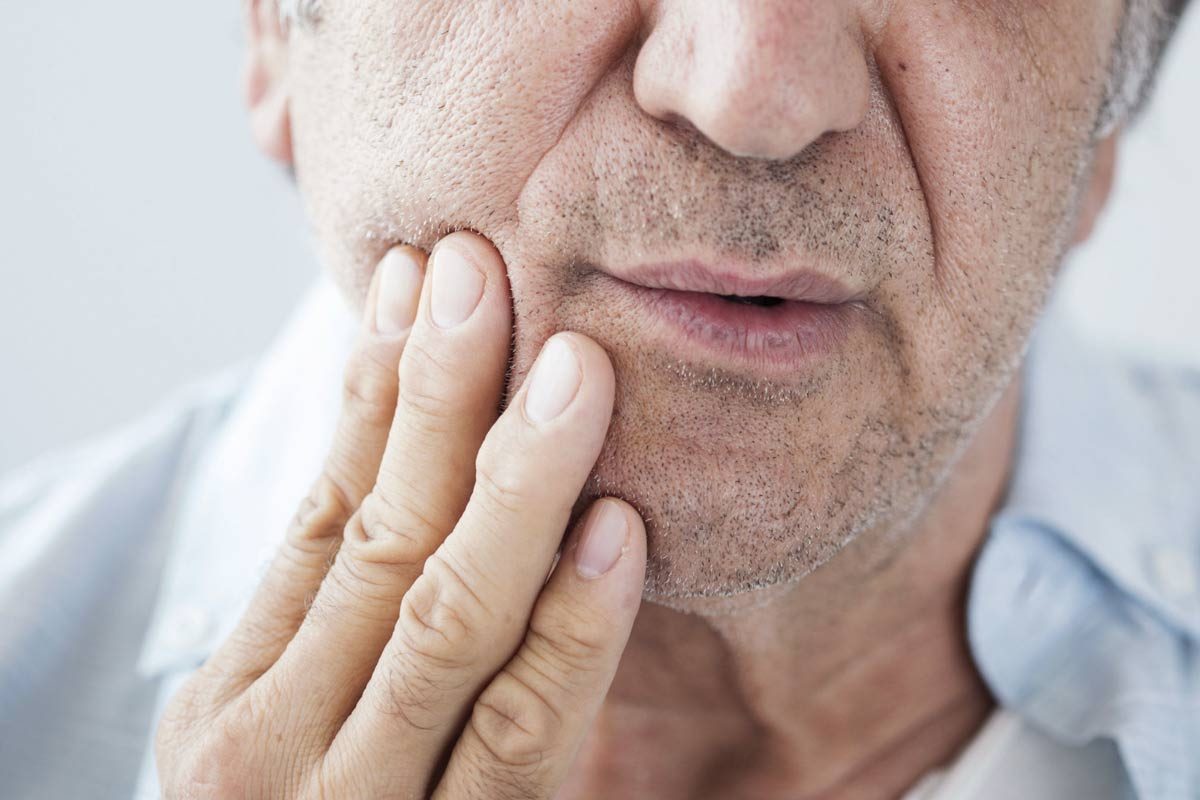
10 Effective Tooth Sensitivity Treatments
Schedule a Desensitization Treatment
Your dentist can apply a professional substance to your teeth that lessen thermal stimulation. Particularly for patients who have sensitivity during oral hygiene therapy, this can be a more efficient method to reduce discomfort.
Put on a Mouth Guard
Using a mouth guard at night when teeth grinding becomes problematic can help shield your teeth from harm. Although, you should check with your dentist to see whether this is a possibility for you.
Practice Proper Dental Hygiene
Maintain good brushing and flossing habits to clean your mouth and teeth.
Use a Soft-Bristled Toothbrush
As a result, your gums will feel less irritated, and the tooth surface will be less abraded by the toothbrush.
Get Medical Attention for an Underlying Illness
For example, due to certain drugs or medical conditions, such as gastroesophageal reflux disease (GERD), enamel may occasionally become worn down. However, you should discuss the best course of action for you to follow with your dentist.
Gum Grafts
A more advanced technique from the dentist is frequently needed for long-term management of reoccurring or severe tooth sensitivity. If you’ve had gum recession and other procedures haven’t helped the exposed nerves, grafting the tissue can fix your smile while also resolving your pain problems.
Keep an Eye on Your Diet
Regularly eating acidic foods can progressively dissolve tooth enamel and expose dentin. Moreover, they could heighten sensitivity and trigger a pain response.
Use a Toothpaste for Tooth Sensitivity
To solve the problem quickly and easily, use a sensitive toothpaste. These products help with a variety of sensitivity issues, but they take a few days to weeks of daily use to work.
Use Fluoride-containing Dental Products
The sensitivity can be reduced by using a fluoride mouthwash daily.

How to Maintain Good Oral Health
Additionally, here are several options if you’re wondering how to treat tooth sensitivity or manage tooth sensitivity:
Always Brush Your Teeth Twice Daily
To keep teeth and gums clean and in good condition, brush gently for two minutes with a toothbrush with soft bristles.
Floss Daily
Maintaining healthy gums is more possible by flossing in your daily oral hygiene routine.
Go to the Dentist Regularly
Set up checkups every six months or as your dentist recommends.
In addition, the key to reducing acute tooth pain is good dental hygiene. So, call us at Zara Dental if you live in Houston, Texas have any inquiries regarding your daily dental hygiene practice or concerns about tooth sensitivity.



